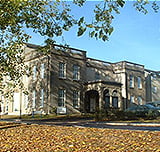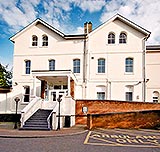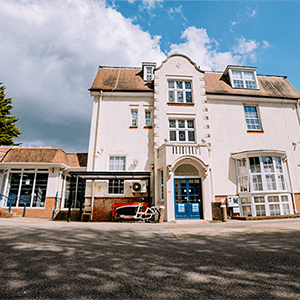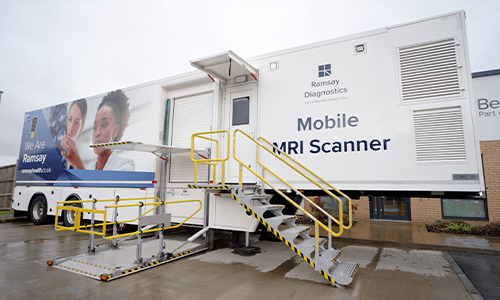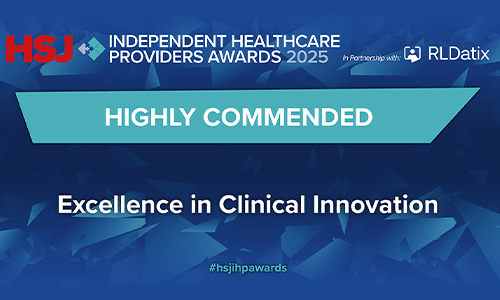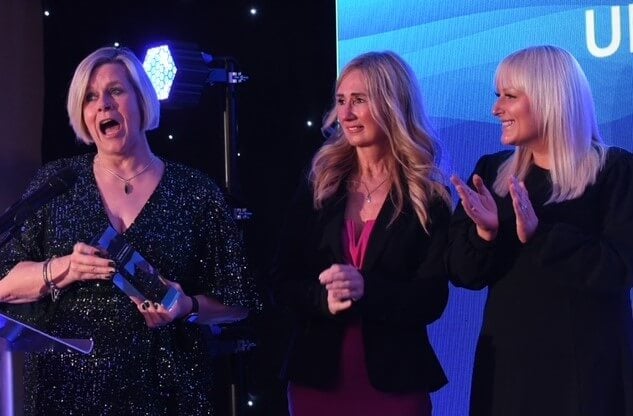Surgical sperm retrieval may be a treatment option for men with:
- An obstruction preventing sperm release, due to injury or infection
- Congenital absence of the vas deferens (men born without the tube that drains the sperm from the testicle)
- Vasectomy
In the first three conditions, sperm are produced by the testes, but are unable to be ejaculated because of the blockage or absence of the vas deferens. The man can still ejaculate seminal fluid but this fluid will not contain any sperm. It is possible to collect sperm directly from the epididymis. The operating microscope magnify tissues by up to 20 times so that the best tubules can be selectively taken. One of the main advantages is less damage to the testosterone producing cells in the testis.
Occasionally it may be possible to surgically unblock the tube that carries the sperm during the ejaculation process, although this has a low success rate. In cases of vasectomy surgical correction in the form of vasectomy reversal may offer another treatment to this problem. This is available as self-funded treatment with success rates up to 85%. However, success rates drop as time from the vasectomy increase and drops to less than 70% success rate after 14 years.
- Non-obstructive azoospermia - the testicles are producing such low numbers of sperm that they don't reach the vas deferens (the duct which conveys sperm from the testicle to the urethra)
In cases of non-obstructive azoospermia (complete absence of sperm) very small amounts of sperm may be produced and can be collected directly from the testes. This is done by performing multiple testicular biopsies at random. In these cases a biopsy will normally be sent to the laboratory for analysis as to the possible cause of the problem.
In men with obstructive azoospermia there is a very high chance of recovering sperm by this method (>90%). In men with non-obstructive azoospermia the chances of recovering sperm is approximately 40%. If we are successful at retrieving sperm the pregnancy rate for this treatment is very similar to that of ICSI with ejaculated sperm.
